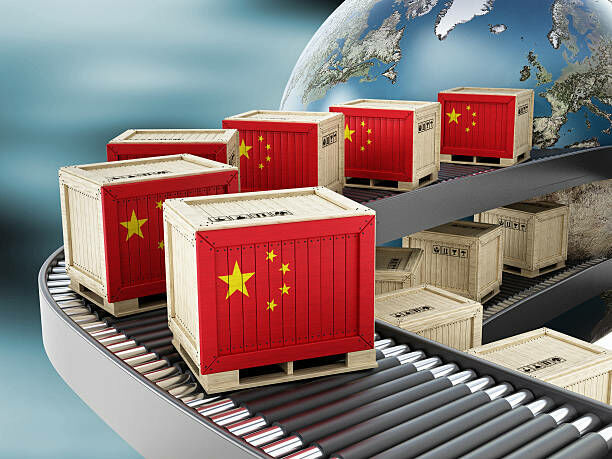Thailand’s digital deficit weighs heavily on tech industry

The digital deficit in Thailand, estimated to be around 200 billion baht (US$5.56 billion) per year, is a major concern for tech industry leaders. The former president of the Thai e-Commerce Association, Pawoot Ponngvitayapanu, highlighted this issue to Parliament’s economic steering committee, urging them to address the deficit and informing the finance ministry.
The deficit stems from Thailand consuming more digital services from foreign providers than it produces domestically. Pawoot further suggested that foreign operators generating over 1.8 million baht (US$50,125) annually in Thailand should be identified, as they are liable to pay value-added tax (VAT) in the country. Since September 1, 2021, foreign electronic service providers with revenues surpassing the 1.8 million baht threshold must register for a 7% VAT liability.
In 2022, Thailand collected approximately 6.4 billion baht (US$178 million) from VAT on e-services. The majority of this tax, 63%, was paid by online advertising platforms, followed by online products (25%) and subscriptions for music, movies, and games (10%).
In 2023, the VAT collection rose slightly to 6.7 billion baht (US$186 million), with the same sectors being the main contributors, albeit with slight percentage adjustments. VAT collection as of January was 2.3 billion baht (US$64 million), reported Bangkok Post.
The issue of Chinese products flooding Thailand’s e-commerce platforms was another concern raised by Thanawat Malabuppha, the honorary president of the Thai E-commerce Association. He called for proactive measures to combat this problem, which has been detrimental to local SMEs.
According to Thanawat, overseas products benefit from customs tax by being stored in Thailand’s e-commerce free-trade zones. From these zones, the products can be sold in the local market at prices below 1,500 baht (US$61.77) each without incurring customs tax. Chinese manufacturers have also been investing in logistics fleets and warehouses in Thailand for importing products.
In Southeast Asia, the customs tax waiver for e-commerce products varies by country. Thailand’s rate is set at products priced below 1,500 baht. In contrast, Indonesia’s Minister of Trade Regulation introduced new restrictions last year, requiring e-commerce operators to impose a minimum price of US$100 per unit on purchases of finished goods from offshore to assist local merchants selling lower-value items.
Despite the challenges, Thailand’s e-commerce market remains strong. In 2023, the country’s e-commerce gross merchandise value reached 980 billion baht (US$27 billion), making it the second-largest e-commerce market in Southeast Asia.
Latest Thailand News
Follow The Thaiger on Google News:


























